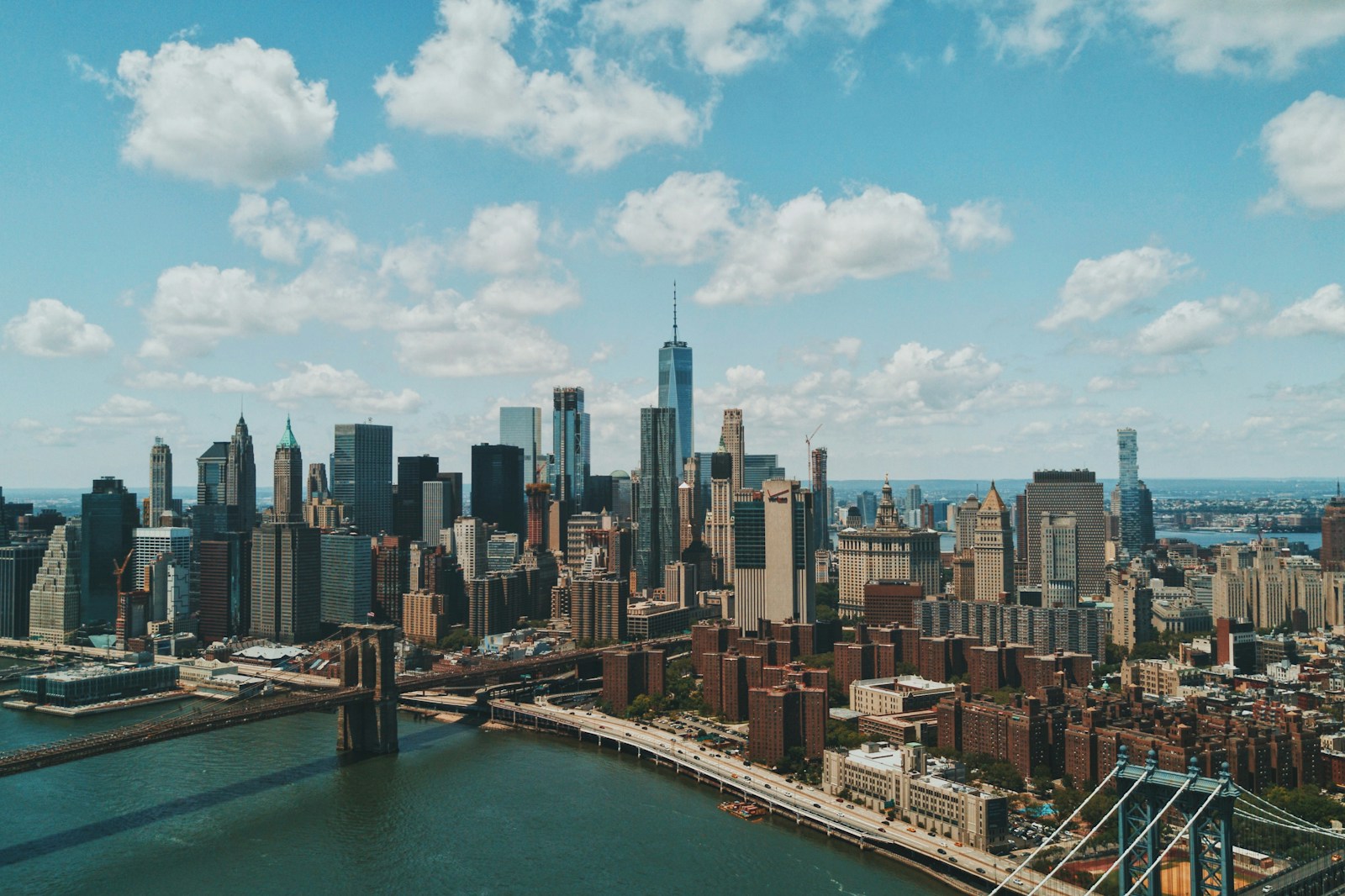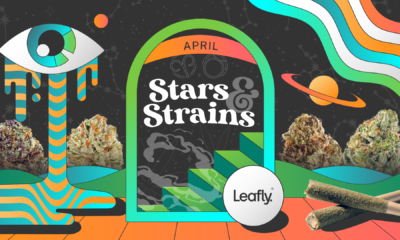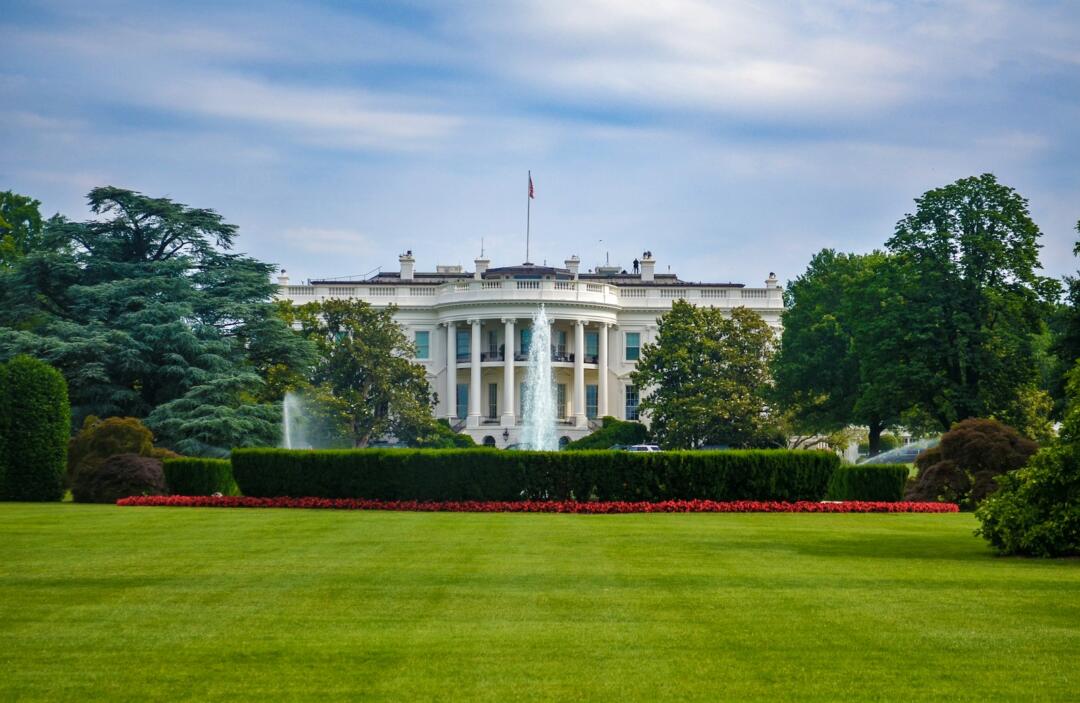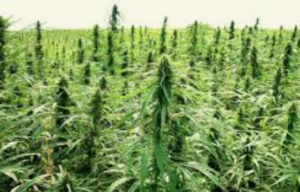One of the most liberal and populous and visited cities in the US, yet New York continues to struggle with legal weed
The Big Apple has some amazing things including The Metropolitan Museum, condos worth $75+ million, delis sandwiches to make your heart sing and a creative community like none other. But it seems they can’t pull their act together to sell marijuana. New York continues to struggle with legal weed, but they are trying to put a positive spin on it.
Cannabis has been legal for medical purposes under New York law since 2016, and recreational purposes since 2021. But thanks to state workers, New York is being robbed of hundreds of millions of dollars of revenue due to the way they rolled out legalization. New York laid out a clear pathway including a way for medical dispensaries to flip to fully legal, then, at the last minute, scrapped it all and went with a total different version. Now a lack of clear and timely regulations, and a complex application process has lead to less than a 100 legal dispensaries open, but over 1,500 unlicensed open in New York City alone.
RELATED: Science Says Medical Marijuana Improves Quality Of Life
The New York Office of Cannabis Management is looking to allow 100 new legal licenses, after only a few months of debating. But the bureaucrats in New York has an answer to make really only another small portion happy – allow more home grow! They acknowledge they can’t really police the majority of unlicensed retailers making millions, so lets focus on the few home growers will will never really look at.

It hasn’t be clear about home grow in the state, but it is becoming more clear now. For the home cultivation regulations, which were developed by the Office of Cannabis Management and submitted to Cannabis Control Board, the approved resolution means there will now be a 60-day public comment period before the rules are finalized. For the older, traditional consumer population, this is somewhat good news. For the majority of consumers. it means nada.
When looking at research from BDSA, a leading cannabis data analyst firm, vapes and gummies are the most popular, especially for the under 40 set. Specifically, 49% of consumers across adult-use and medical states claimed to have consumed a gummy edible in the past six months compared to 47% who used flower.
For a comparison, The latest Gallup research find 37% of people drink beer as their primary alcohol. This is compared to 17% who use all forms of marijuana. The Brewers Association, a national group that holds regular conferences and competitions, estimated despite the massive amount of beer drinkers, only about 1.1 million try to make it home.
RELATED: The Most Popular Marijuana Flavors
Neighboring state New Jersey, not know for outshining New York State, excels in legal marijuana. The state is on track to break $1 billion in annual sales and will be a boom for state tax revenues. You know it is rough when Curbed does a guide for “legal dispensaries” in NYC so you have some guidance.

 Cannabis News2 years ago
Cannabis News2 years ago
 One-Hit Wonders2 years ago
One-Hit Wonders2 years ago
 Cannabis 1012 years ago
Cannabis 1012 years ago
 drug testing1 year ago
drug testing1 year ago
 Education2 years ago
Education2 years ago
 Cannabis2 years ago
Cannabis2 years ago
 Marijuana Business Daily2 years ago
Marijuana Business Daily2 years ago
 California2 years ago
California2 years ago




























